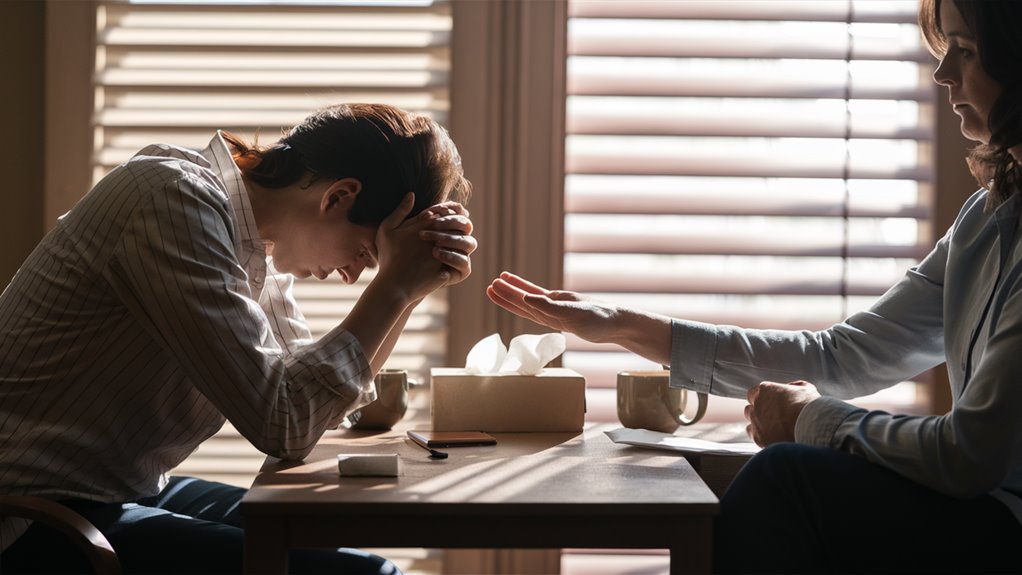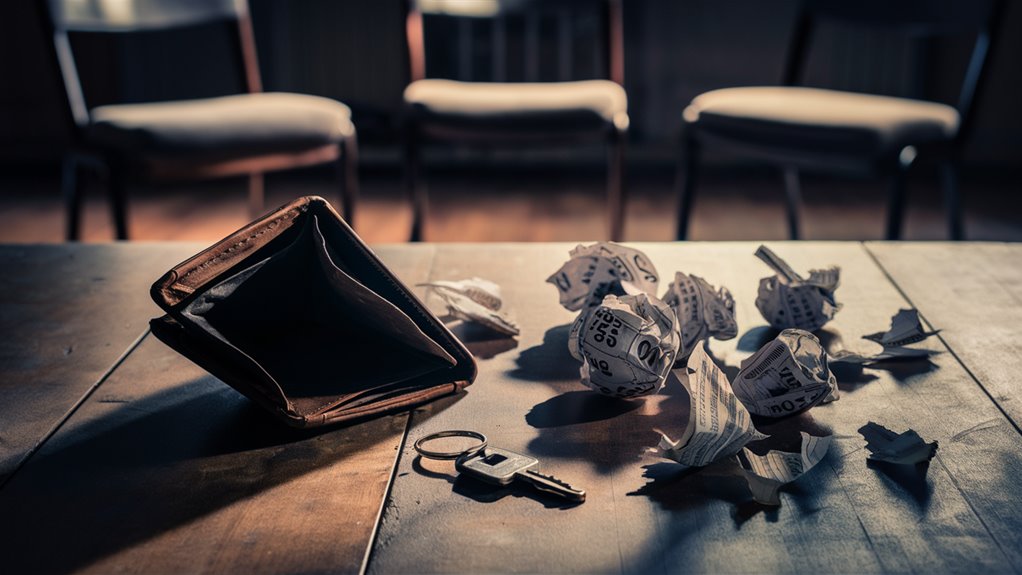How Gambling Affects Your Mind: Ways to Aid Those with Gambling Problems

Effects on the Mind
Problem gambling can hurt your mental health, leading to stress, sadness, and a change in how the brain handles fun. These issues often look like bad sleep, sudden mood shifts, and risky choices since gambling changes brain routes much like drug habits. https://maxpixels.net/
Steps to Recovery
Help from Experts
Talking therapies like CBT are big in handling gambling’s mental harm. These sessions work to shift harmful thoughts and create better ways to cope. Having a pro and mental health help is vital for true healing.
Group Help
Meeting others with similar problems gives great help. Going to these group chats lets people swap stories, learn how recovery works, and find a group to lean on.
Creating a Complete Recovery Plan
Combining Many Helps
A solid recovery takes various helps, including:
- Mental care
- Money tips and plans
- Family talks
- Steps to keep from falling back
Strong Support System
Support from family, experts, and groups is key for lasting results. Regular meetings with mental pros and group leaders keep recovery going and tackle new problems.
How Gambling Grabs You
Get To Know Gambling Issues: A Thorough Guide
What is Problem Gambling?
Problem gambling is a strong addiction with endless and repeated bets that don’t stop. This issue cuts deeper than just bets; it ruins everyday life with its uncontrollable urges and betting even with tough outcomes.
Signs to Watch
Markers of this addiction include:
- Trying to win back losses
- Keeping gambling secret
- Harming key relationships
- Unable to quit or lessen gambling
- Craving bigger risks
The Underlying Science
Key brain details play big parts in gambling issues, affecting:
- Brain’s reward system
- Impulse control
- Decision making
How Common?
Around 1-3% of grown-ups worldwide deal with it, with effects from mild to bad. It shows with:
- Drug-like actions
- Upset brain basics
- Poor choices on risks
Options for Healing
Trusted treatments are:
- Therapy to change behavior
- Group help programs
- Money advice
- Medicine when needed
- Family talks
This tough problem needs experts since just trying hard won’t do. Treatment often mixes methods to address both the mind and brain parts of the addiction.
Mental Health Red Flags
Signs of Mental Health Issues in Gambling Addicts

Emotional Signs
Constant worry and deep sadness are big markers of gambling troubles, growing when gambling stops or money issues worsen. Signs of deep sadness look like worse sleep, low interest in daily stuff, and pulling back from folks. Swings in mood and more anger after gambling point to serious emotional issues.
Mental Signs
Too much focus on gambling is harmful, seen in unending thoughts about betting. Watch out for poor focus on daily tasks and excuses for gambling losses. Most of all, thoughts of ending one’s life call for quick help from experts due to deep mental troubles.
Physical and Action Signs
Physical markers include:
- Bad sleep
- Eating changes
- Stress symptoms like headaches or stomach pains
Risky Actions
Watch out for these risky moves:
- Lying about gambling
- Money problems due to too many loans
- Doing poorly at work or home
- Staying away from friends or family
- Betting more even when losing a lot
These actions need quick action and help to keep mental issues from getting worse.
Stopping the Addiction
How to Break Free From Gambling: A Total Recovery Guide
Know Your Gambling Triggers
Healing starts by knowing what drives you to gamble. Use a log to track:
- How you feel
- When you feel the push to bet
- Places that tempt you
- People or events linked to gambling
- Worries about money Different Types of Casino Games: From Slots to Table Games
Safe Money Steps
Steps to keep your money safe are crucial:
- Let trusted family manage your money
- Shut all gambling accounts
- Block gambling sites
- Join self-help plans
- Set bills to pay automatically
Change What Makes You Happy
Success in recovery depends on finding new, healthy joys:
- Workout often
- Build real friendships
- Pick up meaningful hobbies
- Learn to be present
